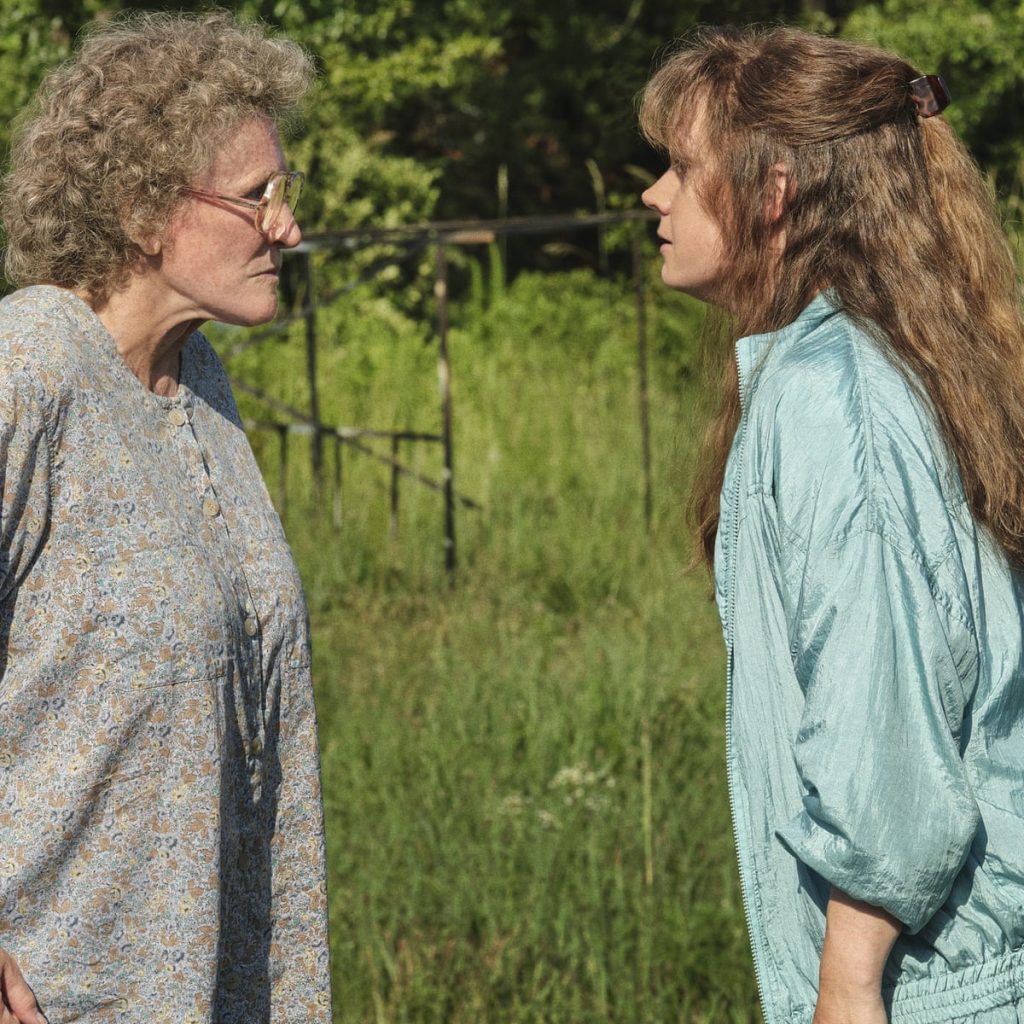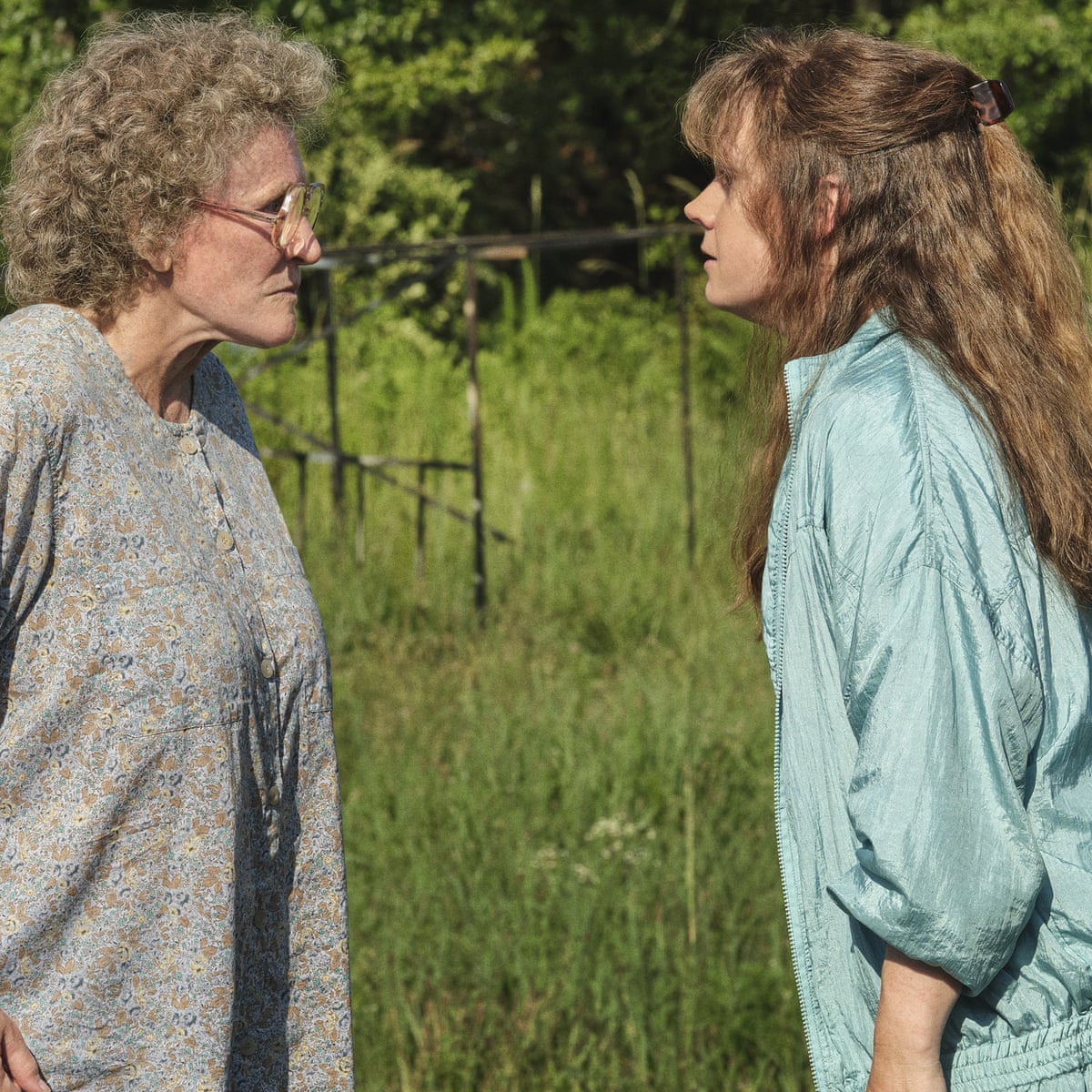
Last Tuesday, Ron Howard’s adaptation of Hillbilly Elegy, J.D. Vance’s controversial memoir of an Appalachian “family and culture in crisis,” was released on Netflix. Starring Gabriel Basso as J.D. Vance alongside Amy Adams and Glenn Close, much like its source book, the film attempts to use Vance’s story of upward mobility from the Rust Belt to Yale Law School to say something about intergenerational trauma, the American Dream, and the many issues facing Middle America writ large.
And, much like its source book, Hillbilly Elegy’s film version quickly unleashed an avalanche of controversy and critique. Even before the film’s release, certain segments of Appalachian social media called for a boycott of the film, and publications ranging from CNN to the The Guardian issued largely negative reviews, with the film averaging 27% on Rotten Tomatoes.
This is not another negative Hillbilly Elegy review. It was originally supposed to be—I actually spent the last several months reviewing Appalachian movies to prepare for the film’s release. However, halfway through watching the admittedly pretty boring film, I decided I just couldn’t do it. I can’t talk about Hillbilly Elegy anymore. I can’t keep contorting myself to respond to it whenever it’s brought up in national conversations about Appalachia, and I can’t keep rehashing the same debates about Appalachian stereotypes that have dominated discussions for not just the last four years, but the last hundred.
I recognize this is a privileged position to take. As Alison Stine underlines in her insightful Hillbilly Elegy review for Salon, the structure of the US publishing industry means not everyone can escape Vance’s pervasive presence. For Appalachian writers, responding to Vance can mean the difference between getting pitches accepted or not. And this is to say nothing of many Appalachians’ desire to respond to a popular account that distorts or erases their experiences.
However, for those Appalachians willing and able, there are strong reasons to disengage from the Hillbilly Elegy furor and start plotting a new course independent of the debate we so often find ourselves locked in.
The first reason is that there are just so many more interesting things going on in the Appalachian community than Hillbilly Elegy, a fact underlined by multiple lists of “alternative readings on Appalachia” circulating in response to the movie. In many ways we are living in an Appalachian Renaissance, a period of almost unprecedented discussion of Appalachian identity, history, and experience really only rivaled by the 1970s, when Appalachian Studies was formalized as a field.
New media projects like 100 Days in Appalachia and WVPB’s Inside Appalachia have emerged to provide news and analysis from a regional perspective. Academics like Matthew Ferrence have produced new works that challenge old orthodoxies about the region. A plethora of initiatives like Black in Appalachia, Appodlachia, and expatalachians have cropped up to discuss Appalachia from a wide variety of perspectives, including race, gender, history, and mythology. Although many of these projects were founded in response to Hillbilly Elegy and the 2016 election, arguably the most interesting are those which have been able to transcend their origins and present stories independent of the stereotypes and insider-outsider dynamics Hillbilly Elegy makes us address.
Secondly, and more dispiritingly, is the fact that we’ve been having this same conversation about Appalachian stereotypes and insider-outsider dynamics for a century, and the conversation hasn’t really changed. For those with a long memory, the furor around Hillbilly Elegy may seem very reminiscent of that around Harry Caudill’s 1963 Night Comes to the Cumberlands. A harrowing account of Appalachian poverty, Night Comes to the Cumberlands was the Hillbilly Elegy of its time, attracting intense interest from well-meaning liberals wanting to understand a seemingly foreign region and helping codify many of the Appalachian poverty stereotypes we have today.
A whole generation of Appalachian scholarship and activism grew up in the shadow of Night Comes to the Cumberlands, much of it directed at dispelling the Appalachian stereotypes it and other works presented. Although not directly commenting on Caudill’s work, Henry Shapiro’s foundational 1978 work Appalachia On Our Mind was devoted to explaining how mainstream America has drawn on negative stereotypes of the region since the idea of “Appalachia” was first thought up. Half a century of scholarship and activism directed at dispelling stereotypes later, and the needle has barely moved. Hillbilly Elegy is still a New York Times bestseller, Netflix still paid to make it a movie, and Vance is still invited on mainstream news shows to ‘explain’ Appalachia to the rest of the country.
This is not to suggest that opposition to Vance’s narrative is pointless or futile. After all, the current “Appalachian Renaissance” was in large part the product of such a response. However, it is to warn, with the benefit of historical example, that continuing the Hillbilly Elegy debate is unlikely to fundamentally alter America’s perception of Appalachia, and may not be worth the considerable time and energy the Appalachian community spends on it as the years pass.
Finally, and I would argue most importantly, is the fact that the continued success of the vibrant Appalachian media community we have seen grow up over the past few years depends on finding a way forward outside the Hillbilly Elegy debate. Like all others before it, the Appalachian Renaissance will come to an end, and with reports that the publishing industry has “Appalachia fatigue” after four years of Trump Country think pieces, that end might come sooner rather than later. Although Hillbilly Elegy helped usher in a new era of Appalachian writing, any path forward will require new and diverse ways to maintain audience interest and funding.
In finally putting this endless debate to rest, the Appalachian media community can take its first steps towards that new, Vance-free world. And that is why I’m done talking about Hillbilly Elegy.
Nicholas Brumfield is a native of Parkersburg, WV currently working in Arlington, VA. For more hot takes on Appalachia and Ohio politics, follow him on Twitter: @NickJBrumfield.
Subscribe to The Patch, our newsletter, to stay up-to-date with new expatalachians articles and news from around Appalachia.


